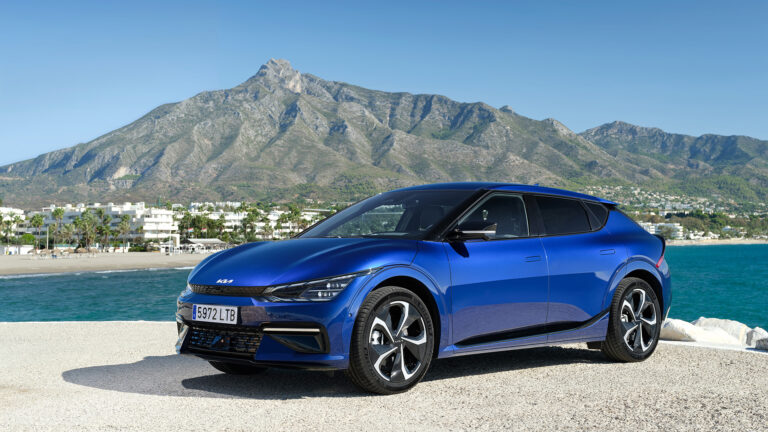Automobiles: Tesla’s sales also decline in company fleets
In the first months of 2025, a significant decline has been observed in Tesla’s sales aimed at company fleets in Europe. This decrease, which has been around 39% compared to the previous year, raises questions about the brand’s perception in the business sector. Although the electric vehicle market continues to expand, Tesla has struggled to maintain its dominance, reflecting a concerning trend that could affect its position in a competitive market.
Tesla’s sales have experienced a notable decline in the first two months of 2025, significantly affecting both individual consumers and company fleets. While the electric vehicle market in Europe continues to grow, the American manufacturer has seen its sales figures cut in half compared to the previous year, raising questions about the sustainability of its popularity among corporate users.
A concerning drop in sales
During January and February of 2025, Tesla managed to sell only 19,046 vehicles in Europe, a dramatic drop from the 37,311 units sold in the same period of the previous year. This decline is not limited solely to individual consumers, as corporate fleets, which represent more than half of car sales in France, are also reducing their purchases.
Impact on the French market
In the French market, Tesla has seen a 61% drop in sales both to individuals and to companies. In particular, sales to company fleets decreased by 39% in the same period, and sales to short-term rental companies, such as Europcar and Hertz, decreased by 46%. However, the drop was less pronounced for long-term lessors, where the decrease was 10%.
How does this affect brand perception?
Despite this drop, the Model Y and the Model 3 from Tesla maintained leadership as the most purchased electric vehicles by companies and administrations in the previous year. However, with the growing discontent towards Elon Musk, some wonder if this situation could tarnish the perception of the Tesla brand among its corporate clients.
The context of the electric vehicle market
Despite Tesla’s sales crisis, the market for electric vehicles in general has shown an upward trend, suggesting that Tesla’s issues may be more related to brand perception than to the overall demand for electric cars. Competitors have ramped up their game, and the path to a more sustainable future in the automotive market may require Tesla to reconsider its sales and marketing strategies.
For those interested in reading more on this topic, they can check the following sources: the sales figures in the U.S., the new price increase of the Tesla Model Y, or the analysis on whether diesel engines are coming to an end.
Additionally, it is interesting to see the sales success of the BYD Dolphin and explore new models like the MG5 EV entering the market.
Tesla sales in company fleets: a notable decline
In the first months of the year, Tesla sales have suffered a notable reduction in the European market, especially among company fleets. This decline, of 39% compared to the previous year, raises questions about brand perception in a sector where purchasing decisions are essentially strategic and based on efficiency.
Despite overall growth in the electric vehicle market, the decline experienced by Tesla indicates that external factors may be influencing companies’ decisions when evaluating which models to incorporate into their fleets. Leasing options and preferences for other brands could be some of the reasons leading to a shift in corporate consumer preferences.
This phenomenon reveals an evolution in the purchasing behavior of companies, which are seeking to optimize their image and costs through a more rigorous selection of the cars they choose for their daily activities.






